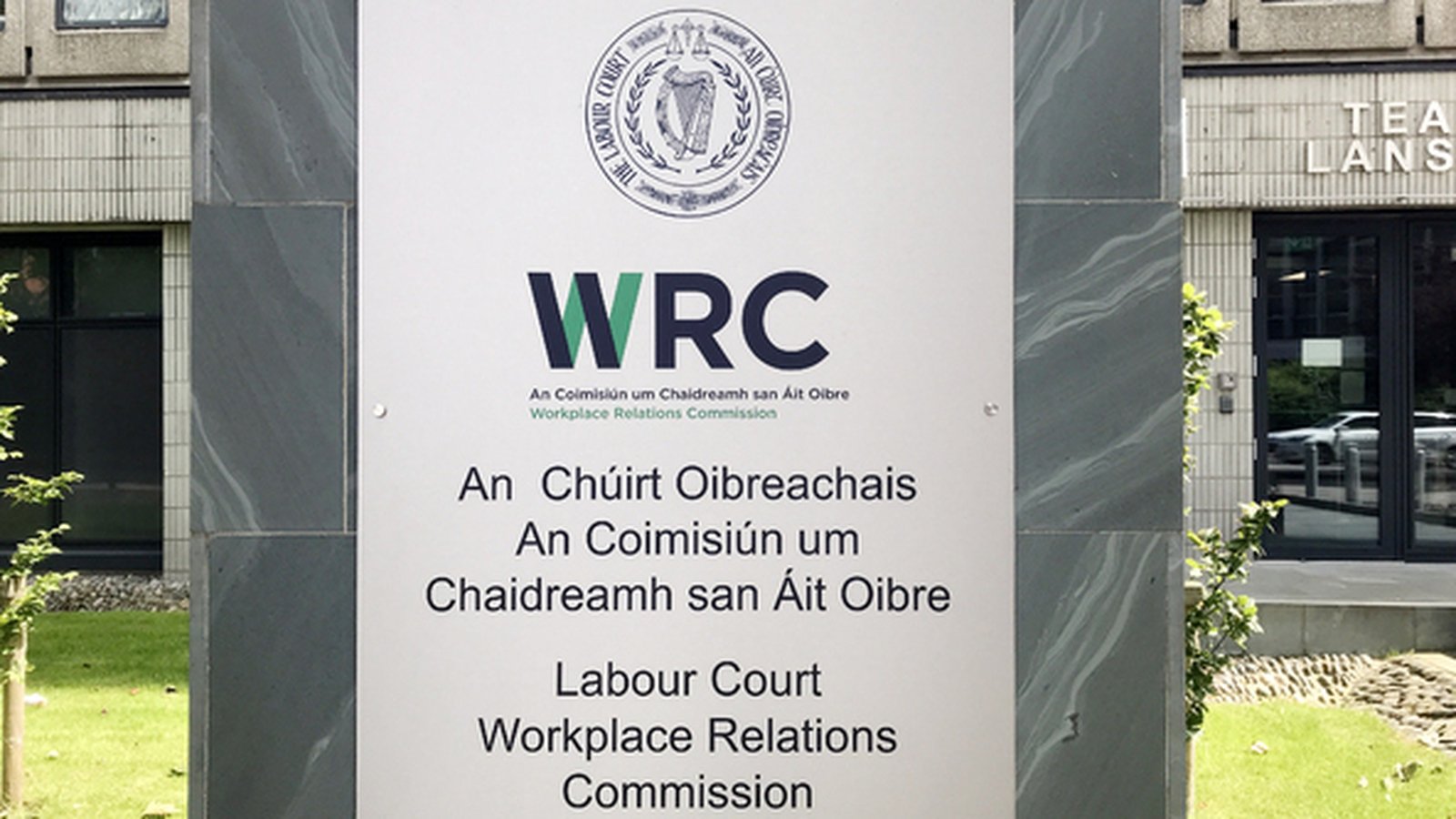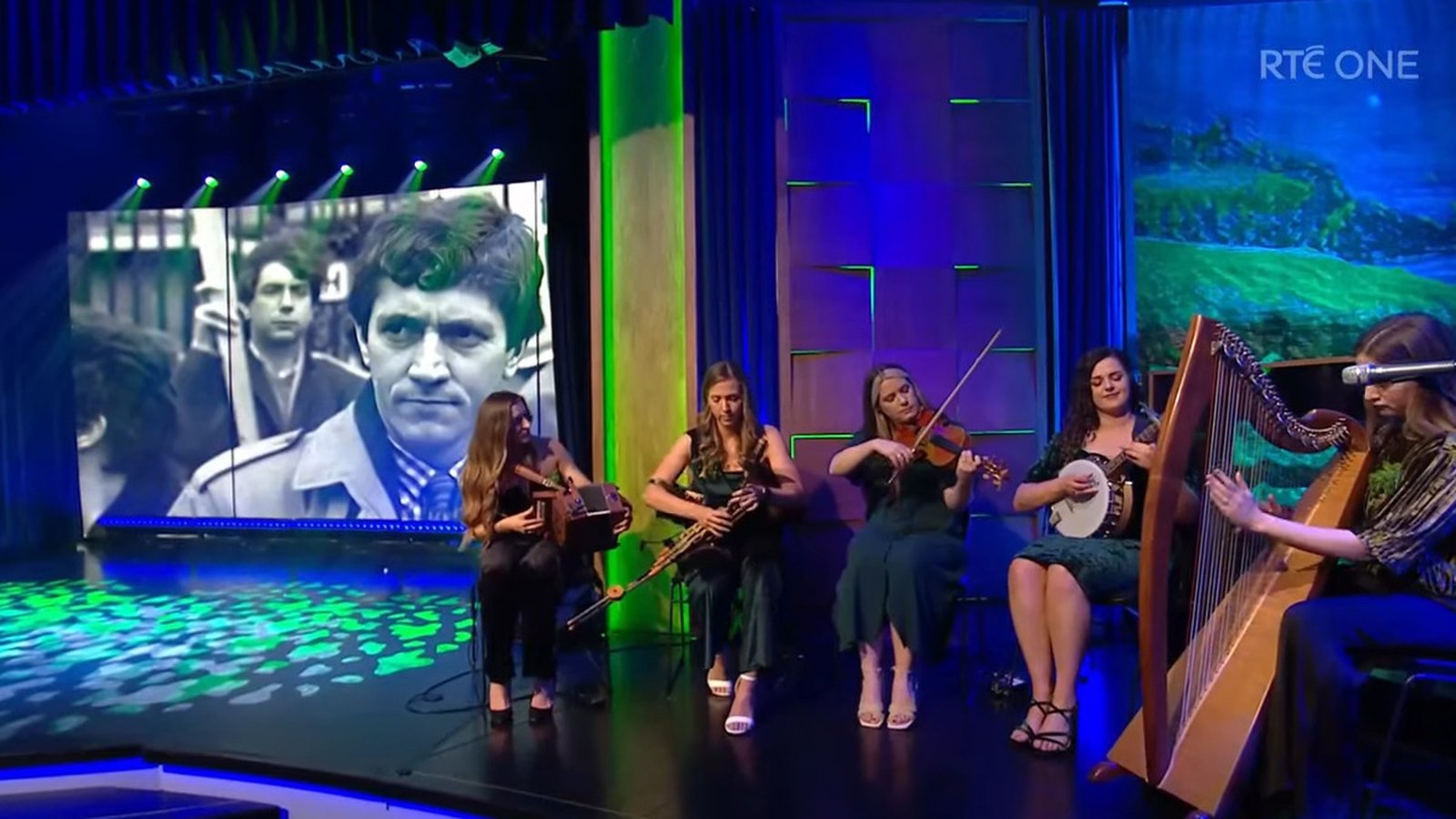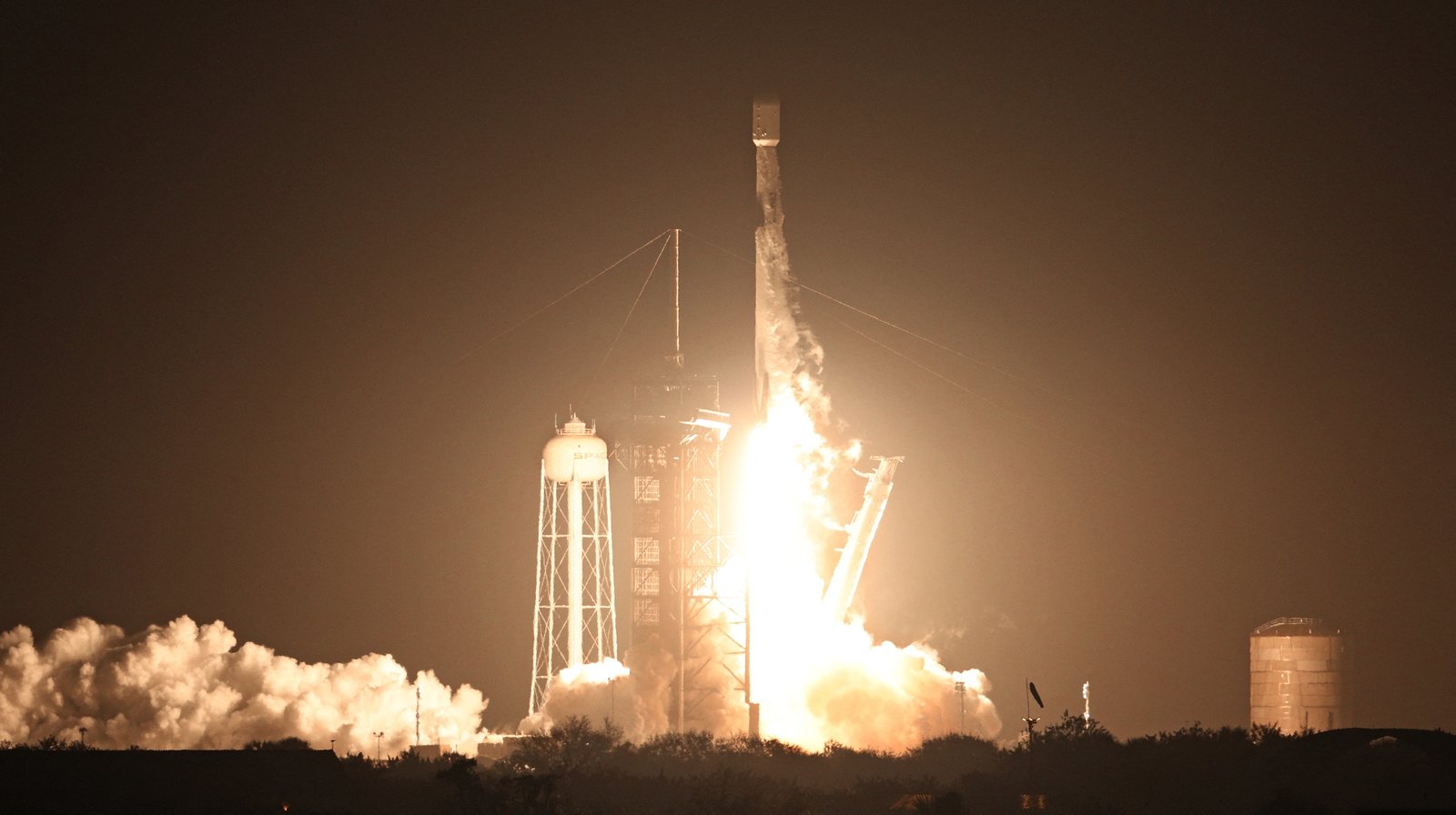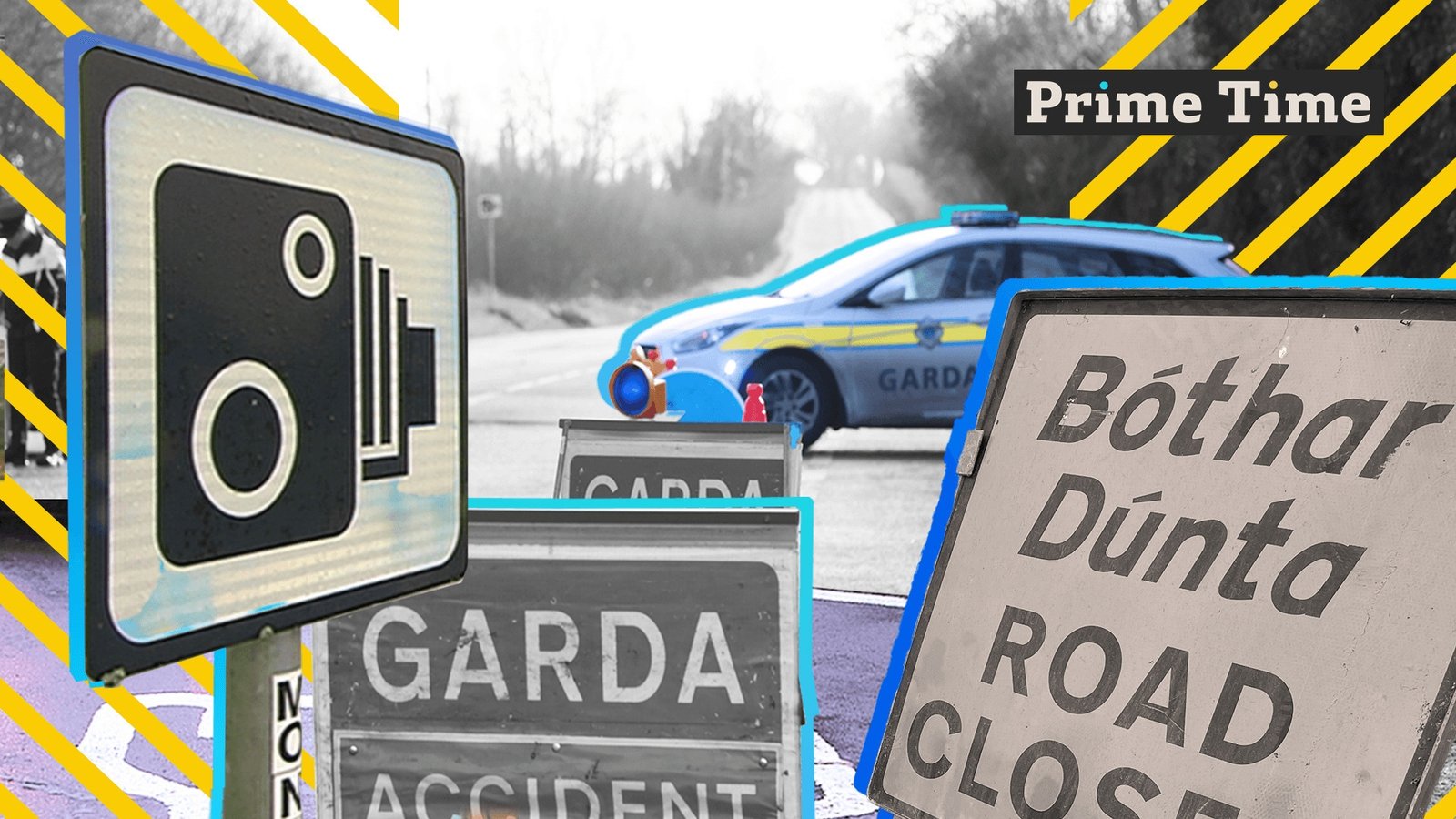Alexei Navalny’s team demands immediate return of body
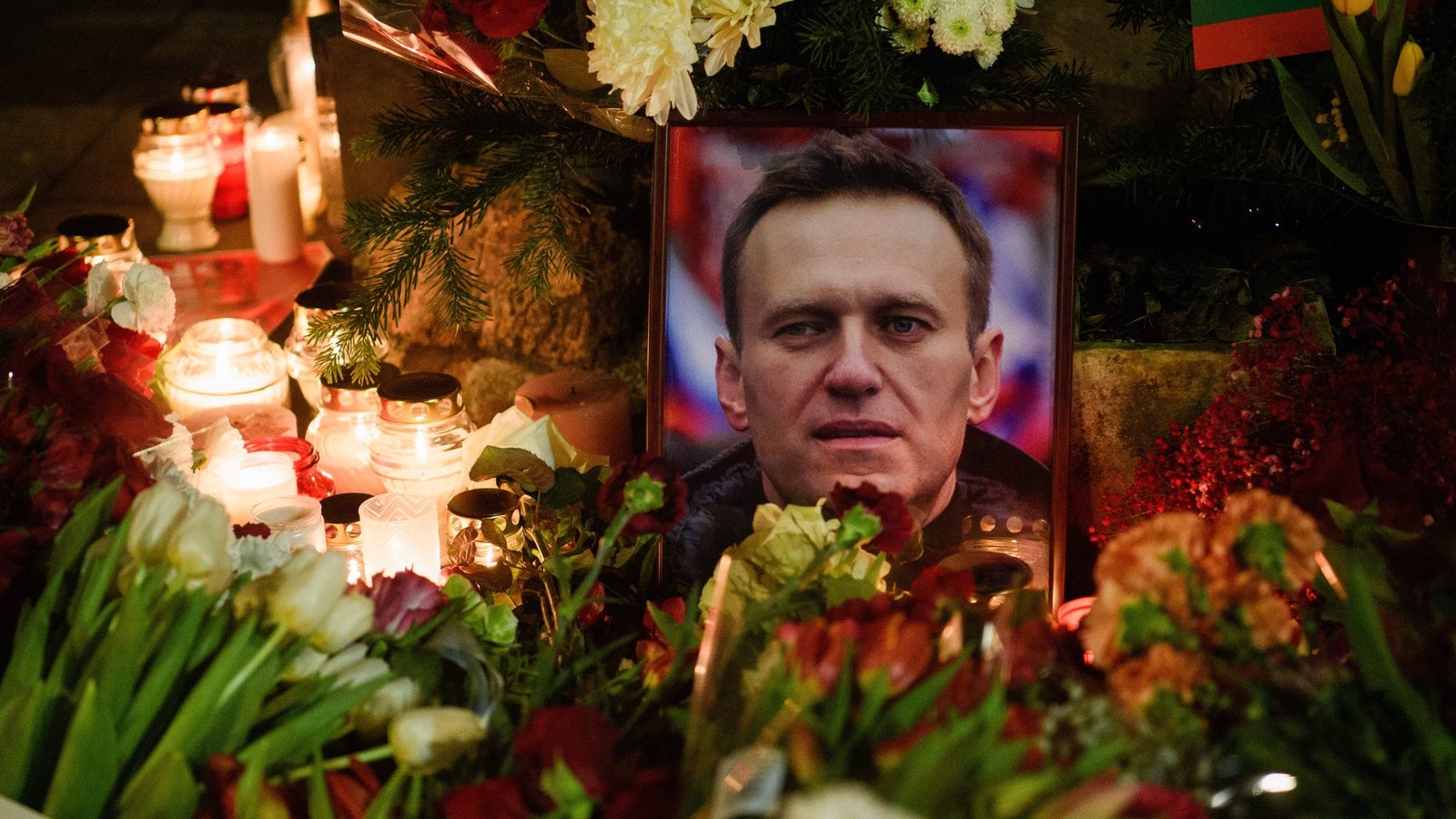
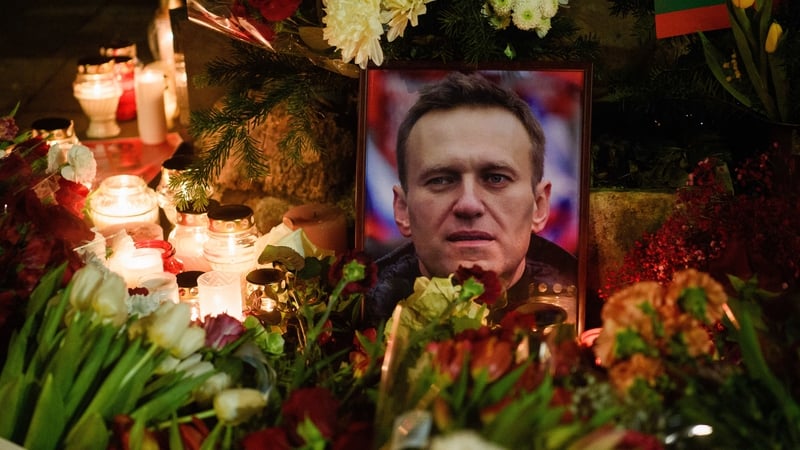
Alexei Navalny’s spokeswoman has confirmed that the Russian opposition leader has died, citing an official notice given to Navalny’s mother, Lydumila.
Navalny, a 47-year-old former lawyer, fell unconscious and died yesterday after a walk at the “Polar Wolf” Arctic penal colony in Kharp, about 1,900km northeast of Moscow, where he was serving a three-decade sentence, authorities said.
“We demand that Alexei Navalny’s body be given to his family immediately,” Kira Yarmysh said.
Yarmysh, writing on X, formerly known as Twitter, she said that Navalny had died at 2.17pm local time (9.17am GMT), according to the notice given to his mother.
His body was taken to Salekhard, the town near the prison complex, by Russian investigators, who were conducting “research”, Ms Yarmysh said.
Hundreds of flowers and candles laid in Moscow yesterday to honour the memory of Navalny were taken away overnight in black bags.
Yesterday, Russia’s prison service said that Navalny fell unconscious and died after a walk at the “Polar Wolf” Arctic penal colony.
Several dozen roses and carnations remained in the softening snow at the monument to the victims of Soviet repression, which sits in the shadow of the former KGB headquarters on Lubyanka Square in central Moscow.
Who was Alexei Navalny, Russia’s most prominent opposition leader?
Vladimir Nikitin, 36, was alone laying a carnation at the Solovetsky Stone, which hails from the islands with the same name in the White Sea where one of the first “Gulag” forced labour camps was founded in 1923 by the Bolsheviks.
Policemen looked on.
When asked for an interview by Reuters, Mr Nikitin asked to speak in the underpass which threads beneath Lubyanka Square, citing the fear of detention.
“Navalny’s death is terrible: hopes have been smashed,” he said.
“Navalny was a very serious man, a brave man and now he is no longer with us. He spoke the truth – and that was very dangerous because some people didn’t like the truth.”
At the “Wall of Sorrow” memorial on the avenue named after Soviet physicist and dissent Andrei Sakharov, some Russians laid flowers beside pictures of Navalny. One message read: “We will not forget, nor shall we forgive.”
“I came because I have grief,” said Arkady, who declined to give his second name. “He was a man who I respected. I had hopes that he was someone who could do something in the future.”
The West, including US President Joe Biden, blamed Russian President Vladimir Putin for the death. Western leaders did not cite evidence.
Kremlin spokesman Dmitry Peskov said the reaction of Western leaders to the death was unacceptable and “absolutely rabid”.
Russian authorities viewed Navalny and his supporters as extremists with links to the CIA intelligence agency who are seeking to destabilise Russia. They have outlawed his movement, forcing many of his followers to flee abroad.
The death of Navalny, a former lawyer, robs the disparate Russian opposition of its most charismatic and courageous leader as Putin prepares for an election that will keep the former KGB spy in power until at least 2030.

